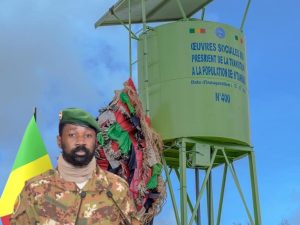Africa: Tanzania adopts Swahili as Official Language, a Historic Turn in Education and Culture

Tanzania is making a significant change by replacing English, the hitherto official language, with Swahili as the official and national language of the country. This move represents a major turning point in the linguistic history of the country and holds significant implications, especially in the field of education.
Swahili, also known as Kiswahili, is a Bantu language spoken by over 100 million people in East Africa.
Although already widely used in Tanzania, it previously held a subordinate position compared to English, which dominated in schools and administration.
This decision was made with the aim of boosting the self-esteem of Tanzanians by encouraging them to pursue their studies in their native language.
Indeed, studying in a language well understood allows children to gain a deep understanding of concepts and develop confidence.
Previously, many Tanzanian children faced difficulties following classes in English, a language often foreign to them.
This language barrier complicated learning and had negative repercussions on their academic performance.
Now, Tanzanian children have the opportunity to receive quality education in their native language.
They will study philosophy, science, and mathematics in Swahili, thereby promoting better understanding and interaction with the concepts taught.
This decision will undoubtedly have a positive impact on the preservation and promotion of Swahili in Tanzania.
By making Swahili the official and national language, the government recognizes the importance of this language in national identity and culture.






